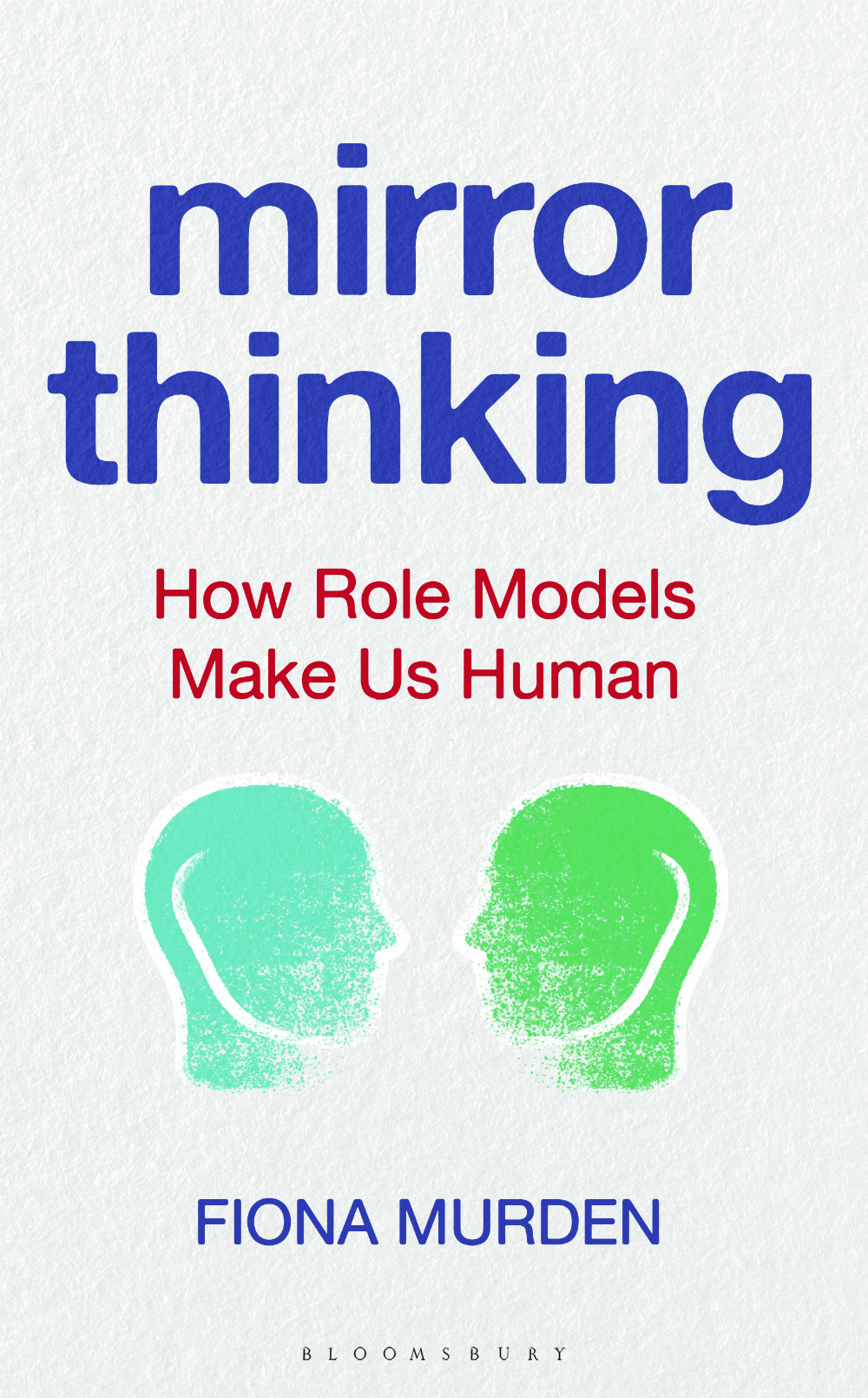Emotional intelligence has never been so important than right now and here's why
Words: Fiona Murden


With the pandemic elevating the importance of kindness, psychologist and author Fiona Murden explains how emotional intelligence will lead the way in our post-lockdown careers, plus how you can work on yours.
This week as bars and shops open, and thousands return to their workplaces, many of us are reflecting on the lessons learned during lockdown or the positive routines developed in quarantine that we can continue in our 'new normal' lives. And yet one thing which we're not addressing is the impact of lockdown on our Emotional Intelligence - or EQ.
As a qualified psychologist, I know that EQ is as critical to success as IQ. Emotional Intelligence refers to the capability of a person to manage and control their emotions and also their ability to influence the emotions of others. But following months spent in quarantine away from our families, friends and colleagues, with so much of our days spent alone or staring at screens, what have we learned about EQ and how can we use such lessons to our own advantage post lockdown?

Connect at a deeper level
One positive of lockdown has been experiencing our colleagues in the context of their whole lives and not just the office: children in the background, a partner waving hello or a pet popping their head into view help us to understand the whole person. Ultimately this enables us to build a deeper level of understanding, empathy and connection with co-workers. We can make the effort to understand more about people at any point, we just have to be curious. There was someone I once worked with day in day out who I never really ‘got’ until we spent time together outside work and I asked her more about who she was, her family and what life was like for her when she was growing up. That was many years ago and we’re still friends today. Take the time to consider your colleagues in the context of their daily lives and challenges outside the 9-5.
Be hyper-aware
On the other flip-side, being away from our colleagues has meant we've experienced how missing the nuances of behaviour, the things that we usually read without being aware, can have a major impact. One woman I know for example hadn’t realised that the younger members of her team felt deeply uncomfortable being on Zoom because they lived in small flats or were at home with parents. This is the type of discomfort we’d typically pick up on in real life through body language, the mood following a meeting or side conversations with colleagues. How do we overcome this? My husband recently gave someone a call having come straight off a Zoom meeting and instantly discovered so much more about how his teammate was really feeling. It gave him the chance to talk through and quickly sort some tricky issues. Try picking up the phone without video to mix things up.

Get some perspective
Studies show that building your EQ will not only help us to succeed but also protect our own mental health. Higher levels of EQ make it easier to step back from the mental and physical reactions we have to stressful situations. How? A friend of mine once described this as playing the role of Poirot – observing what was going on around him from one step removed. When he puts himself in this mindset he’s able to take away some of the emotion from a situation and analyse it scientifically while thinking through why people are doing and saying the things that they are.
Be compassionate
A lot of people have experienced tough times during lockdown. One of my best friends lost both her Uncle and Aunt and while neither were from Covid, she still couldn’t go to the funeral. Bear in mind that people may be emotionally bruised. Ask them how they are at the start or end of the call and stop to really listen.
Celebrity news, beauty, fashion advice, and fascinating features, delivered straight to your inbox!
Celebrate what was missed
During lockdown milestone birthdays have gone without parties, weddings have been postponed and anniversaries overlooked. But it’s never too late to make a big deal about a milestone that is important to someone you know. If your colleague or friend has missed out or if you have yourself, why not get together friends and celebrate as soon as you can. In an office setting, plan that summer party you all missed having for late September to give the team something to look forward to and bond over.

Fiona Murden’s book Mirror Thinking – How Role Models Make Us Human is published by Bloomsbury on 9th July.
Niamh McCollum is Features Assistant at Marie Claire UK, and specialises in entertainment, female empowerment, mental health, social development and careers. Tackling both news and features, she's covered everything from the rise of feminist audio porn platforms to the latest campaigns protecting human rights.
Niamh has also contributed to our Women Who Win series by interviewing ridiculously inspiring females, including forensic scientist Ruth Morgan, Labour MP Stella Creasy and ITV’s former Home Affairs Editor Jennifer Nadel.
Niamh studied Law in Trinity College Dublin. It was after enrolling in a Law & Literature class on her year abroad in Toronto that her love of writing was reignited. In no particular order, her big likes are Caleb Followill, hoops, red wine, sea swimming, shakshuka and long train journeys.
